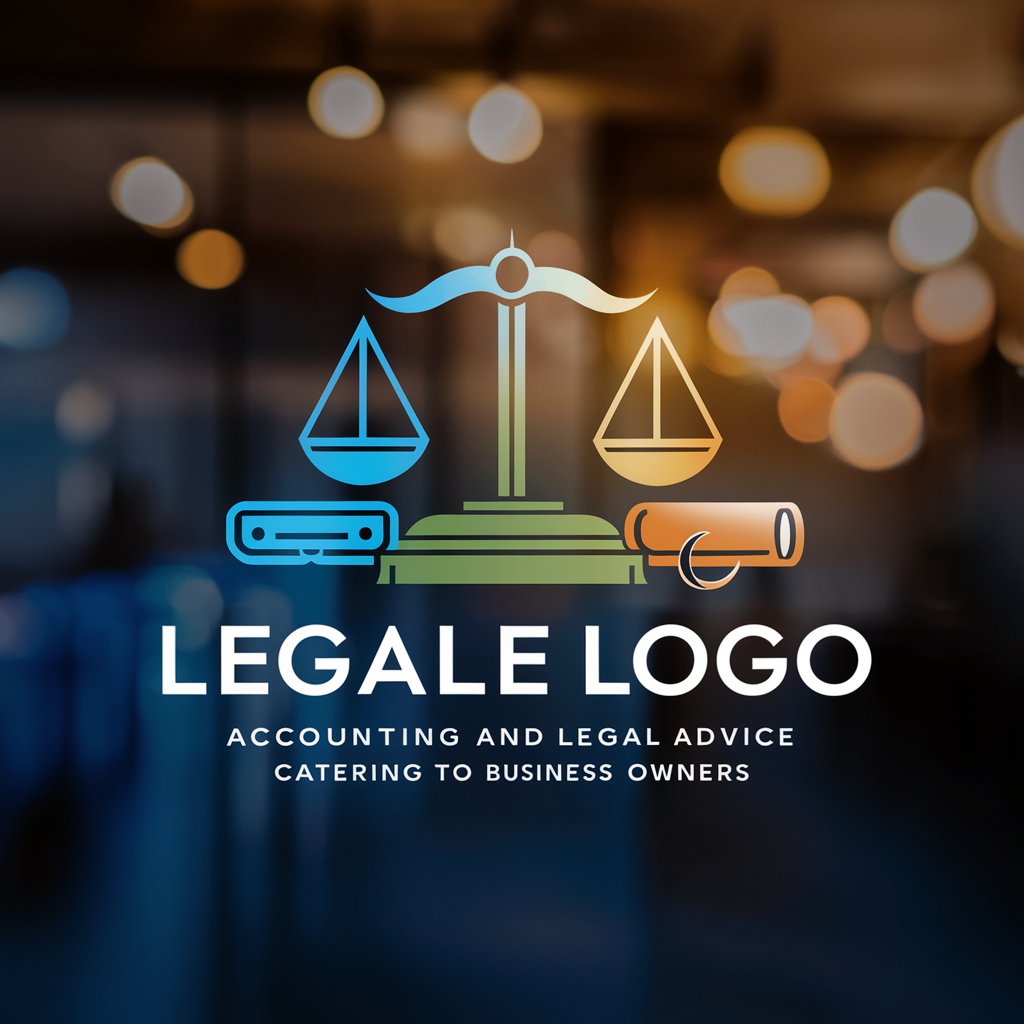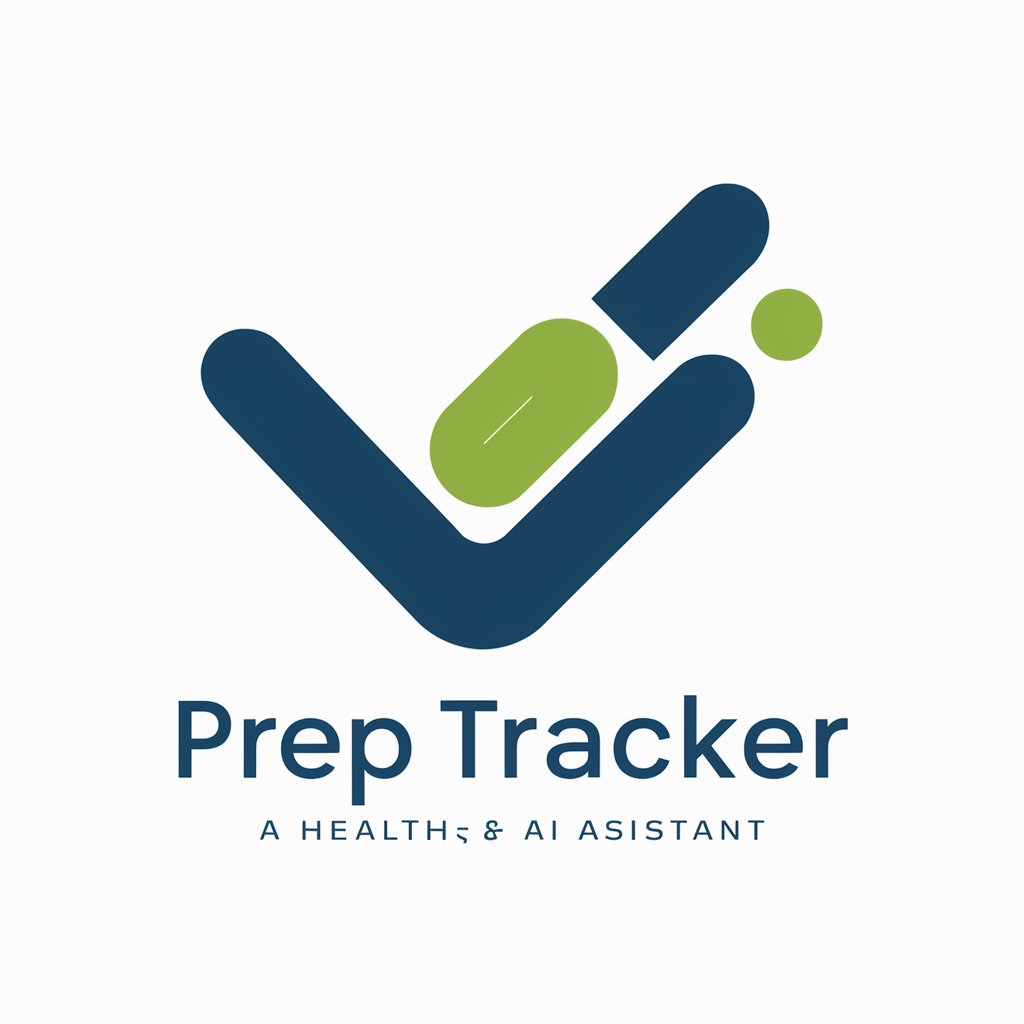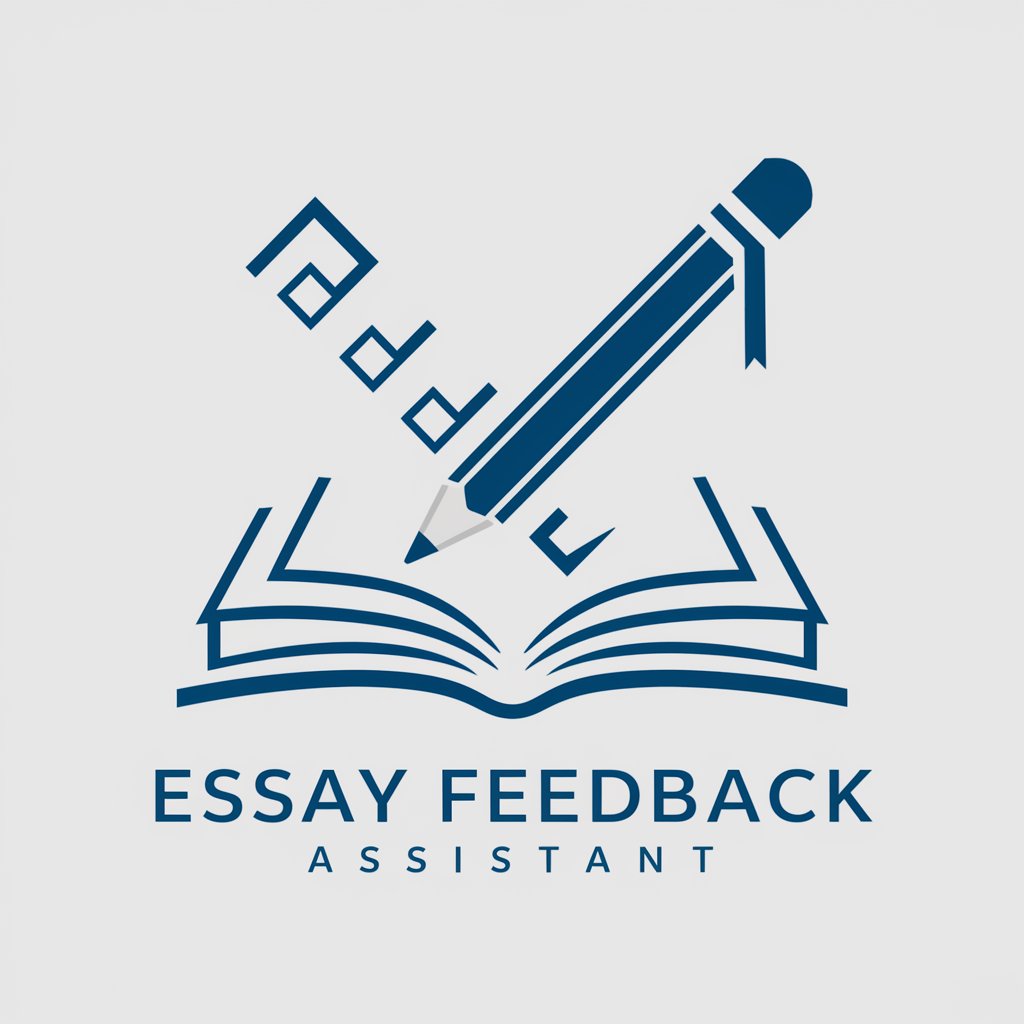Legal Ease for Business - Legal Advice for Businesses

Welcome! How can I assist with your business legal needs today?
Empowering business decisions with AI-driven legal insights.
What specific legal or tax issue is your business facing?
How can I assist you with your business's employment law questions?
Are you looking for advice on business structuring or compliance?
Do you need help understanding recent changes in business legislation?
Get Embed Code
Introduction to Legal Ease for Business
Legal Ease for Business is designed to serve as a reliable, approachable resource for business owners and entrepreneurs navigating the complexities of legal matters related to their operations. With a focus on U.S. law, it offers guidance on a broad range of topics including tax regulations, employment law, compliance issues, intellectual property rights, and business formation. The core purpose is to demystify legal jargon and provide practical, actionable advice. For instance, a small business owner unsure about the tax implications of hiring an independent contractor versus a full-time employee can receive tailored advice on how to proceed, including potential tax benefits and liabilities. Powered by ChatGPT-4o。

Main Functions of Legal Ease for Business
Tax Law Guidance
Example
Explaining the differences in tax obligations for different business structures (sole proprietorship, LLC, corporation, etc.)
Scenario
A startup is considering whether to form as an LLC or a C-Corporation. Legal Ease for Business can provide detailed comparisons of tax implications, potential benefits, and drawbacks of each option, helping the business make an informed decision.
Employment Law Compliance
Example
Advising on the legal requirements for hiring, such as minimum wage laws, benefits, and worker classification.
Scenario
A growing business is expanding its team and needs to understand the legal distinctions between hiring full-time employees and independent contractors, including compliance with the Fair Labor Standards Act (FLSA) and state-specific laws.
Intellectual Property Protection
Example
Guidance on securing trademarks and patents, and protecting intellectual property rights.
Scenario
An entrepreneur developing a new software product seeks advice on how to protect their intellectual property, including the steps to register for a patent and enforce their rights against infringement.
Business Formation and Compliance
Example
Assistance with selecting the appropriate business entity and ensuring compliance with federal and state regulations.
Scenario
A new restaurant owner needs help determining the most advantageous legal structure for their business and understanding the regulatory requirements for food service businesses in their location.
Ideal Users of Legal Ease for Business Services
Small to Medium-Sized Business Owners
These users often lack the resources to maintain an in-house legal team and can benefit from accessible, reliable legal guidance to make informed decisions about their operations, compliance, and strategic planning.
Startups and Entrepreneurs
Individuals in the process of launching or scaling a new venture can utilize Legal Ease for Business to navigate the legal aspects of business formation, protect intellectual property, and ensure their business complies with applicable laws.
Freelancers and Independent Contractors
These professionals can benefit from understanding their tax obligations, rights to intellectual property, and how to navigate contracts to protect their interests in various engagements.

How to Use Legal Ease for Business
Start Your Journey
Visit yeschat.ai for a complimentary trial, offering immediate access without the necessity of ChatGPT Plus or any login requirements.
Identify Your Needs
Determine the specific legal or business advice you're seeking, such as tax law, employment regulations, or business formation, to streamline your inquiries.
Engage with the Tool
Input your questions or scenarios related to your business's legal needs directly into the interface, utilizing clear and concise language for the best results.
Utilize the Feedback
Review the provided advice and guidelines, applying them to your business operations or legal planning. For complex issues, consider this guidance as a preliminary step before consulting a professional.
Follow-Up
For further clarification or deeper insight into complex topics, don't hesitate to ask follow-up questions. Legal Ease for Business is designed to support iterative learning and application.
Try other advanced and practical GPTs
Kaizen
Empower Your Growth with AI

6gold1(육금일) v0.3
Empowering Decisions with AI Empathy

Fire
Ignite Safety Awareness with AI

Mein Projektmanagement-Lernbot (für PM2)
Empowering Project Success with AI

Digital Privacy and Online Security
Empower Your Digital Life with AI

Culture
Empowering cultural understanding through AI.

Six Sigma Guru
Elevate Your Six Sigma Journey with AI

PrEP Tracker
Stay on track with AI-powered PrEP monitoring.

Business Plan and Pitch Deck GPT
Empowering your business journey with AI

Essay Feedback Assistant
AI-Powered Writing Improvement

Cássio Ajuda - Educação Infantil
Empowering Educators with AI

Download Images from HTML
Automate image downloads from HTML

Frequently Asked Questions about Legal Ease for Business
What types of legal questions can Legal Ease for Business answer?
Legal Ease for Business is equipped to provide advice on a broad spectrum of topics, including but not limited to, tax law, employment regulations, intellectual property, and business formation. It's designed to assist with the common legal issues encountered by businesses.
Can Legal Ease for Business replace a lawyer?
While Legal Ease for Business offers valuable guidance and information, it cannot replace the personalized advice and expertise of a licensed attorney. It's best used as a preliminary resource for understanding legal principles and preparing for professional legal consultations.
How current is the information provided by Legal Ease for Business?
Legal Ease for Business strives to maintain up-to-date information by accessing current legal databases and resources. However, laws and regulations can change rapidly, so users should consider the information as a starting point for further research or consultation.
Is Legal Ease for Business suitable for international legal questions?
Legal Ease for Business primarily focuses on U.S. law and may not provide comprehensive advice on international legal matters. Users seeking advice on international law are encouraged to consult with a legal professional specializing in the relevant jurisdiction.
How can businesses ensure they are using Legal Ease for Business effectively?
To maximize the tool's effectiveness, businesses should clearly articulate their questions or scenarios, provide context where necessary, and use the provided guidance as a basis for decision-making or as preparation for seeking professional legal advice.
